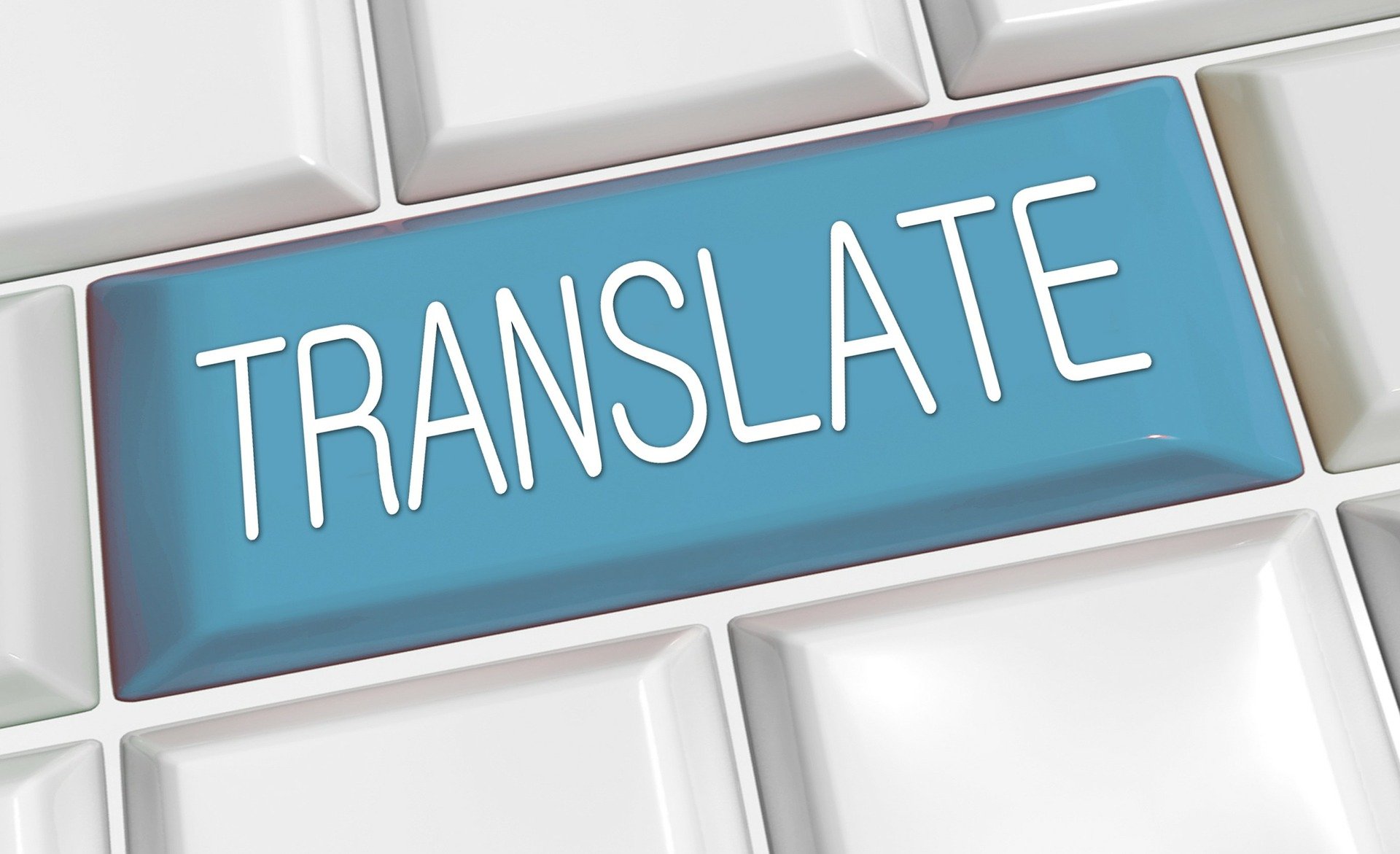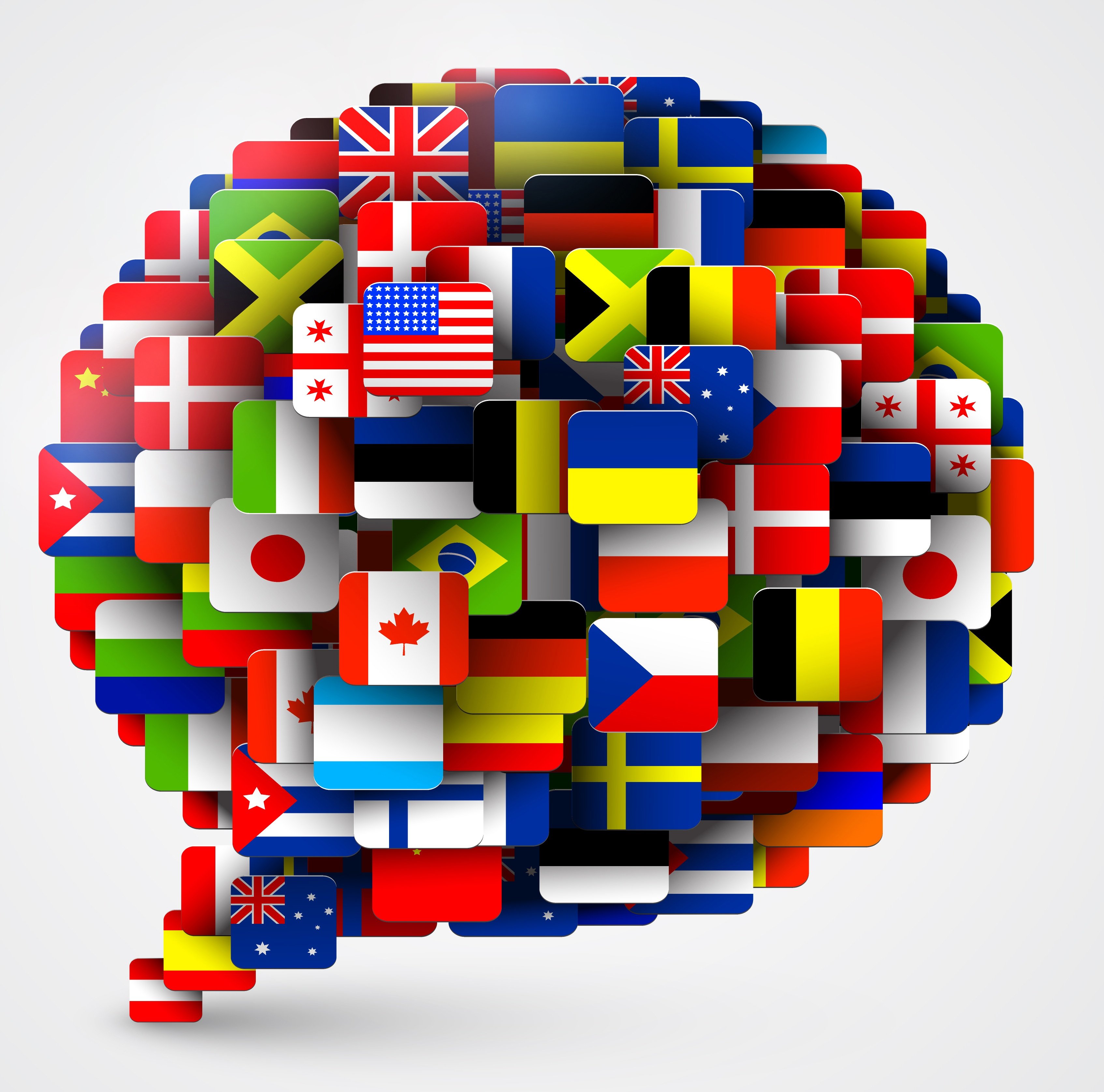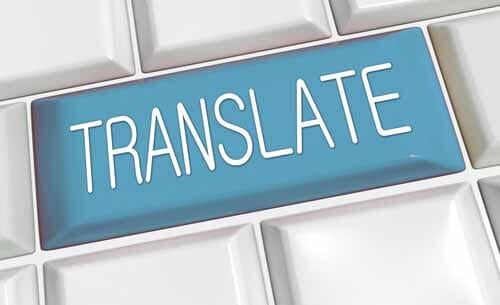Listen to Audio Version:
Once you decide that you want to translate materials, you need to figure out who is going to translate for you. Do you ask a bilingual friend to translate or do you hire an agency? Or are there other viable options?
The different options for translators include:
- Bilingual Family/Friend
- Machine Translation
- Distributor
- Employees
- Crowdsource
- Independent Translator
- Language Service Provider (LSP) or agency
By not being careful about who you chose for translation, you may run into difficulties or quality issues with your multilingual communications. The key takeaway is to pick the right option for the material you need translated.
Today we will focus on options #1, #6 and #7. To learn more about options 2-5, visit our learning center.
|
Using a Bilingual Friend or Family Member to Translate
Often, we hear stories about companies using family and friends when they needed business content translated. In virtually every instance, they’ve run into problems and needed to come to us to have their information professionally translated.
A person they know personally, and trust, could be a good choice, right? They know you and your preferences, they are willing to do the work, they may not charge you for it, or they may charge you less than other options. Yet, you could really run into issues if they don’t fully understand your industry, the purpose of the materials, the culture they are translating for, etc.
While it’s true that your friend or family member may be able to speak the other language well, they may not have the skills needed to provide a high-quality translation.
- Do they have excellent grammar skills? Knowing how to speak a language is not the same as being a good writer in that language. Grammar and wording are different between speaking and writing.
- Do they know your industry/company? Understanding the industry and terminology is important, especially when there are words or terms that do not have a direct translation and how to handle them.
- Do they understand the culture? Having knowledge of the culture you’re targeting is important for making sure your translations are culturally appropriate.
- Are they a good writer? Some people are good writers and others may not be. Having the skill to write in both languages is necessary for high quality translations.
Benefits –Inexpensive, personal connection
Risks –Quality, liability
Hiring an Independent Translator
These days you can easily find individuals who work as independent contractors. One option is to hire and develop a direct relationship with an independent translator. You get the advantage of working directly with that person is you can consistently hire the same person for each language, develop a repeatable workflow and maintain a consistent voice.
If you work with one language and have limited demands, this could be a reasonable solution.
Clients hiring independent translators go to agencies eventually for a few reasons.
- Demand – over time as your translation demands increase, the individual translator may not be able to keep up. Or you have so much success with one language, you branch off into other languages. Then you become the agency as you manage all the translation projects.
- Logistics – a good agency will help with document management, best practice advice and layout requests. Individual translators focus on translation and not the supplementary supporting services.
- Quality Control – When you get the translation from an independent translator, make sure that you have quality measures in place. Different options include a review by an internal bilingual employee or distributor, or hiring a second translator to edit the documents,
- Technology – as in other fields, technology is changing rapidly in the language services field. Make sure your translator (or you) is keeping up with any technology that may assist with procuring what you need.
Benefits – direct relationship, build knowledge about each other
Risks – no ability to scale, quality questions, you handle project management
Hiring a Professional Language Service Provider
As you can probably surmise, hiring a Language Service Provider (LSP) or agency to translate your content, is the full-service option. The biggest negative is that it’s also the highest price option.
Benefits of working with the RIGHT agency. You get:
- Qualified and trained professional translators so you know it will be right.
- High performing translators that the agency gets consistent feedback about from multiple clients and reviewers.
- Unbiased party doing your translations who will ask for clarification on any inconsistencies.
- An intermediary who can facilitate feedback between you and the translator for brutal honesty.
- Timely translations even when an emergency happens - the agency can juggle competing priorities to meet your needs.
- Cultural appropriateness feedback when you content is not suitable for your audience. The agency project manager and the translator watch this for you.
- Quality control in real time. The agency will work with you to build appropriate processes to deliver the quality you need.
- Document management and version control.
- Confidentiality and you retain ownership of all content.
- Ability to handle fluctuations in demand - you can easily scale up or down to meet needs.
Benefits – high quality results, process and project management included, best practices suggestions
Risks – costs particularly if you hire the wrong agency.
Conclusion
Bottom line, you do have numerous choices for who you pick to do your translations. As with any purchase, you sacrifice quality and service as you go to a lower price point. It’s important that every company consider their risk vs. return and make a plan so the decision on who does the translation is clear.
Rapport International specializes in multilingual communications, providing language translation and interpretation services that are accurate and culturally appropriate. We use the right voice, correct terminology to avoid liability, customize services to your needs, and deliver on time and within your budget. And with our 100% satisfaction guarantee, you can trust that it’s done right. Contact us today if you would like more information or to get a free quote.
Rapport International specializes in multilingual communications, providing language translation and interpretation services that are accurate and culturally appropriate. We use the right voice and the correct terminology to avoid liability, customize services to your needs, and deliver on time and within your budget. With our 100% satisfaction guarantee, you can trust that it’s done right. Contact us today if you would like more information or to get a free quote.
Popular Posts
Popular industry news, interviews, technologies, and resources.




















